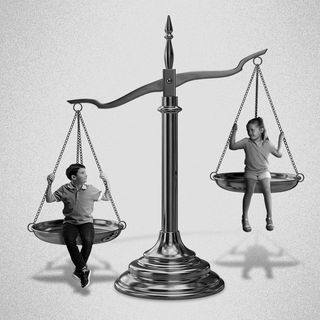Cloudflare CEO warns content creators to lock up their work amid AI boom

Mike Blake/Reuters
- Cloudflare's CEO has issued a stark warning for content creators.
- Matthew Prince said creators could lose out on advertising cash as people turn to AI for search purposes.
- He suggested creators work with tech companies to block AI bots from accessing their work without paying.
The CEO of one of the internet's biggest gatekeepers has warned that content creators are at risk of losing out on subscription and advertising money as people increasingly turn to AI for search purposes.
Matthew Prince, the billionaire cofounder and CEO of cybersecurity giant Cloudflare, told CNBC on Wednesday that creators need to push back as more of their value is captured directly by AI searches.
"I think that the economy is for sure changing," Prince said.
"What's changing is not that fewer people are searching the internet," he continued. "It's that more and more of the answers to Google are being answered right on Google's page."
Creators may miss out on ad views and subscription sign-ups as search engines and AI bots can now provide answers to search queries while sending fewer people to the original source, which Prince said could spell trouble for content producers.
"If you're making money through subscriptions, through advertising, any of the things that content creators are doing today, visitors aren't going to be seeing those ads," he said. "That means it's gonna be much, much harder for you to be a content creator."
Moving forward, Prince suggested that creators should work with tech companies to block AI bots from accessing their work without paying.
"The fuel that runs these AI engines is original content. So that content has to get created in order for these AI engines to work," he said. "What content creators have to do is restrict access to content, create that scarcity, and say, 'you're not going to get my content unless you're actually getting paying me for creating that content.'"
But Prince said there was still some cause for optimism, particularly for those creating "valuable" work.
"Original content that is actually highly valuable is I think going to be more valuable in this future," he said.
The exec has also spoken about what he sees as AI's potential upside for businesses and how the technology can supplement real workers' skills.
"AI has helped us not replace people, but help make people better," Prince told Business Insider in an interview last month, adding that Cloudflare's use of AI was less about replacing teams and more about giving them "superpowers."

